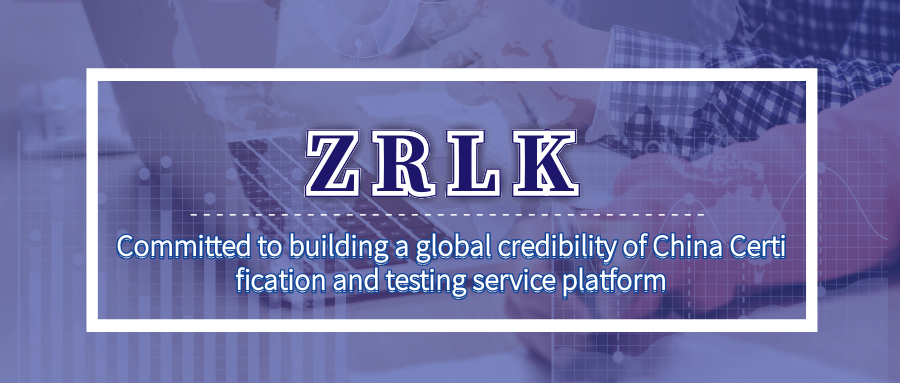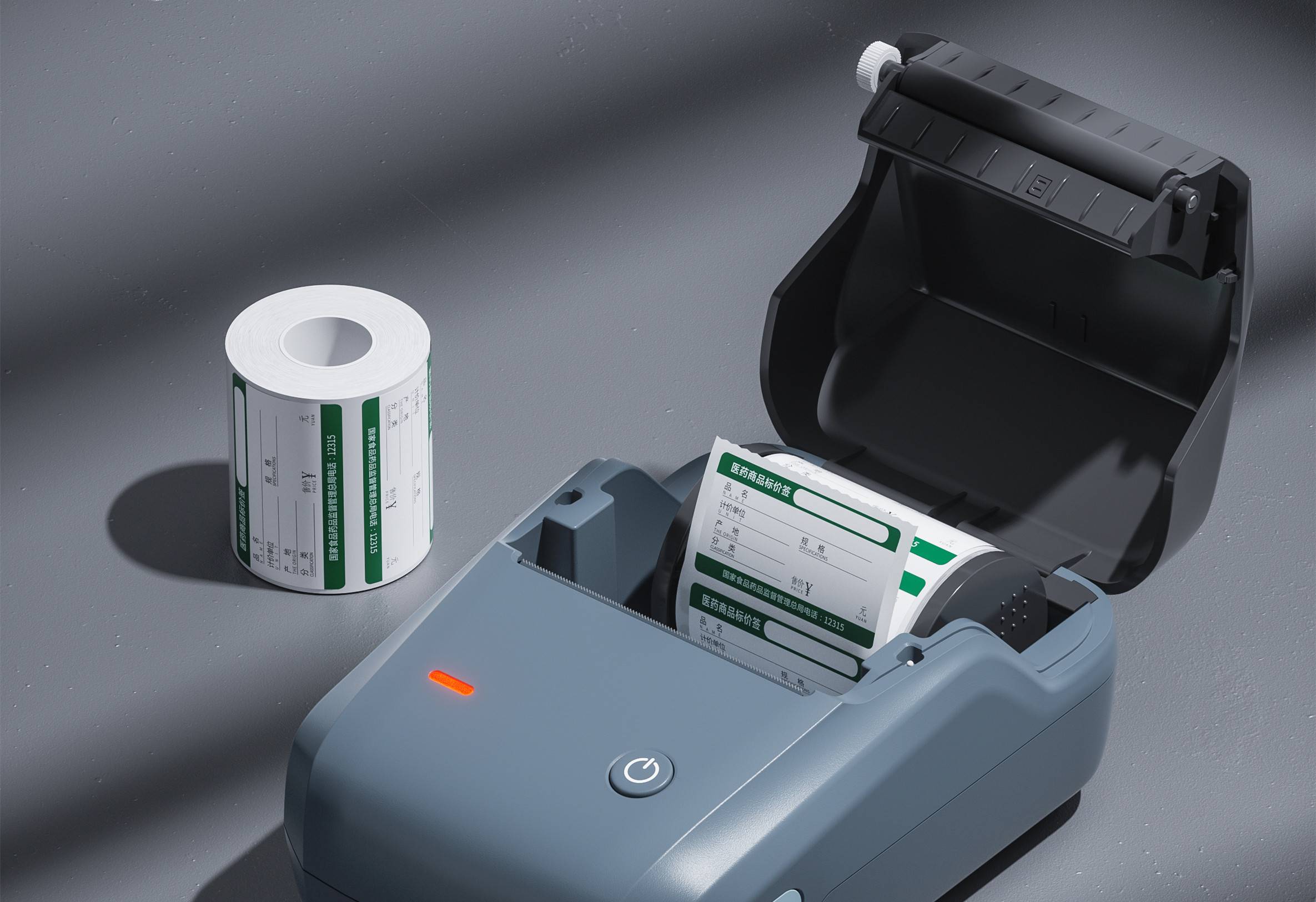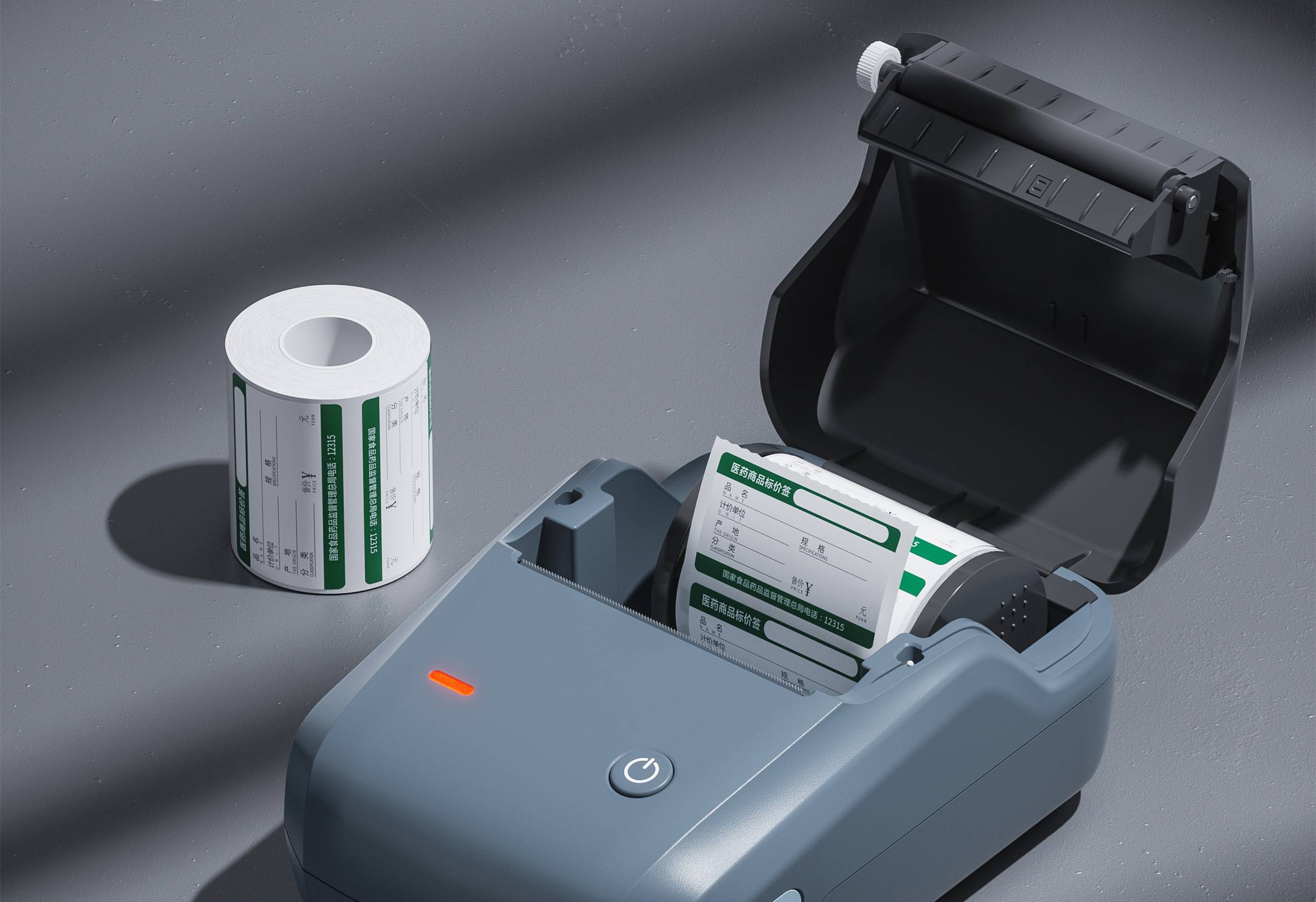
basic introduction
Soil is an important part of the environment. Soil environmental monitoring refers to determining the environmental quality (or pollution degree) and its changing trend by measuring the representative values of factors that affect the soil environmental quality. Generally speaking, soil monitoring refers to soil environmental monitoring, which can be generally divided into regional soil background, farmland soil environment, soil environmental assessment of construction projects, soil pollution accidents and other types of monitoring, including site sampling, sample preparation, analysis methods, and characterization of results , Technical statistics such as data statistics and quality evaluation.
Soil pollution can be roughly divided into inorganic pollutants and organic pollutants. Inorganic pollutants mainly include acids, alkalis, heavy metals, salts, strontium compounds, compounds containing arsenic, selenium, fluorine, etc.; organic pollutants mainly include organic pesticides, phenols, cyanide, petroleum, synthetic detergents, urban sewage , Harmful microorganisms brought by sludge and manure.
Soil testing project
■Soil, solid waste
Moisture, pH, lead, cadmium, mercury, arsenic, copper, zinc, nickel, chromium, selenium, hexadecimal, DDT, cation exchange capacity, organic matter, organic carbon, total nitrogen, total phosphorus, potassium, sodium, hydrolyzed nitrogen, Available phosphorus, available potassium, ammonium nitrogen, ammonia nitrogen, nitrate nitrogen, nitrate nitrogen, nitrite nitrogen, total salt content, total water soluble salt, potassium ion, calcium ion, sodium ion, magnesium ion, chloride ion, Sulfate, bicarbonate, carbonate, water-soluble and acid-soluble sulfate, particle composition (mechanical composition), micro-aggregate composition, bulk density, silicon, loss on ignition, available sulfur, available silicon, available boron, available zinc , Manganese, iron, copper, exchangeable calcium, magnesium, exchangeable potassium, sodium, total exchangeable base, base saturation, calcium carbonate, petroleum (mineral oil), sulfide, volatile phenol, cyanide, Fluoride, hexavalent chromium, radon, iron, manganese, calcium, magnesium, aluminum, barium, cobalt, silver, molybdenum, antimony, vanadium, boron, benzo (a) pyrene, volatile organic compounds, semi-volatile organic compounds, and more Chlorinated biphenyls, aldrin, dieldrin, endrin, epoxy heptachlor, heptachlor, organophosphorus (quick phosphorus, formazan, diazophos, isoprenaline, methyl parathion , Moth phoxim, bromothion, rice Fengsan, phoxim), etc.
■Sludge
Sludge moisture content, pH, cadmium, mercury, lead, chromium, arsenic, nickel, zinc, copper, boron, mineral oil, phenol, cyanide, total organic matter, total alkalinity, total nitrogen, total phosphorus, total potassium Wait
Soil testing category
● Soil monitoring
● Sludge monitoring
● Marine sediment monitoring
● Solid waste monitoring
● Environmental certification and testing of non-pollution agricultural products and green food
● Environmental monitoring of heavy metals in farmland soil
● Soil environmental assessment of construction project...
Our advantage
1. With a professional qualification and experienced expert technical team, we can provide you with professional consultation and services.
2. Have advanced laboratory equipment to ensure the accuracy and reliability of test data.
3. As a third-party testing and certification organization trusted by customers worldwide, we are your certificate of quality.

Label printers entering the Brazilian market, ANATEL certification is an essential passport! It is the recognition of the Brazilian Telecommunications Authority for the safety and compliance of electronic products, without which products cannot be legally sold.

SRRC certification is not only a guarantee of product compliance, but also a key to opening up the market.

FCC ID certification is a mandatory certification for electronic products by the Federal Communications Commission (FCC) in the United States, and it is essential for label printers to obtain this certification.
Soil is an important part of the environment. Soil environmental monitoring refers to determining the environmental quality (or pollution degree) and its changing trend by measuring the representative values of factors that affect the soil environmental quality.
Get a quote